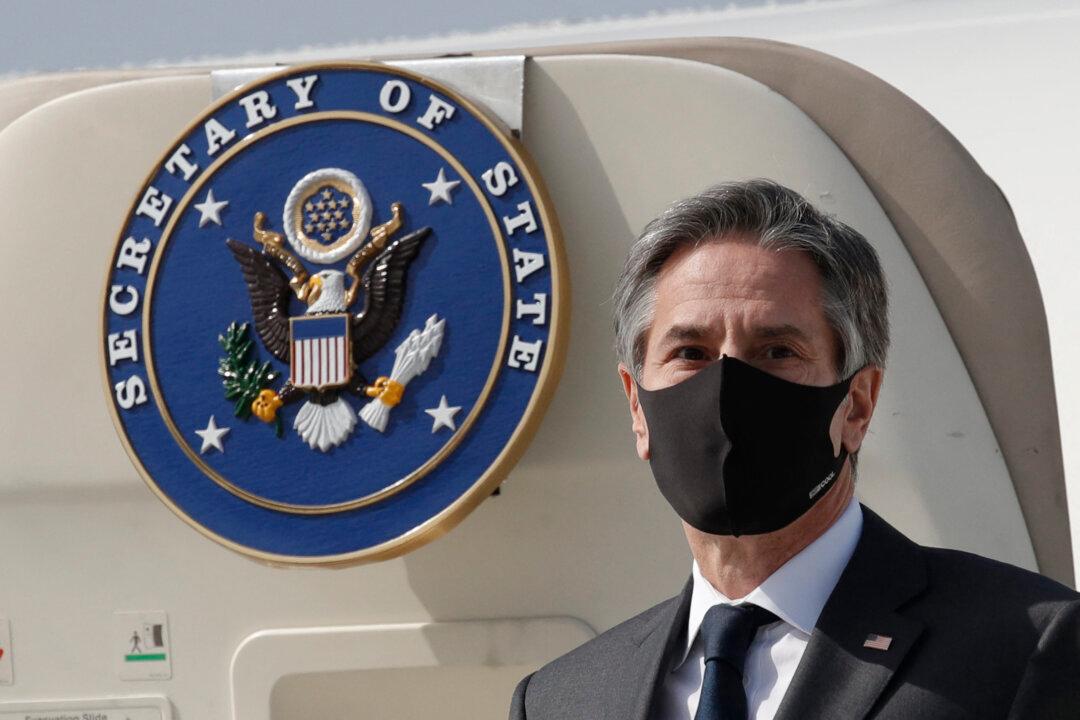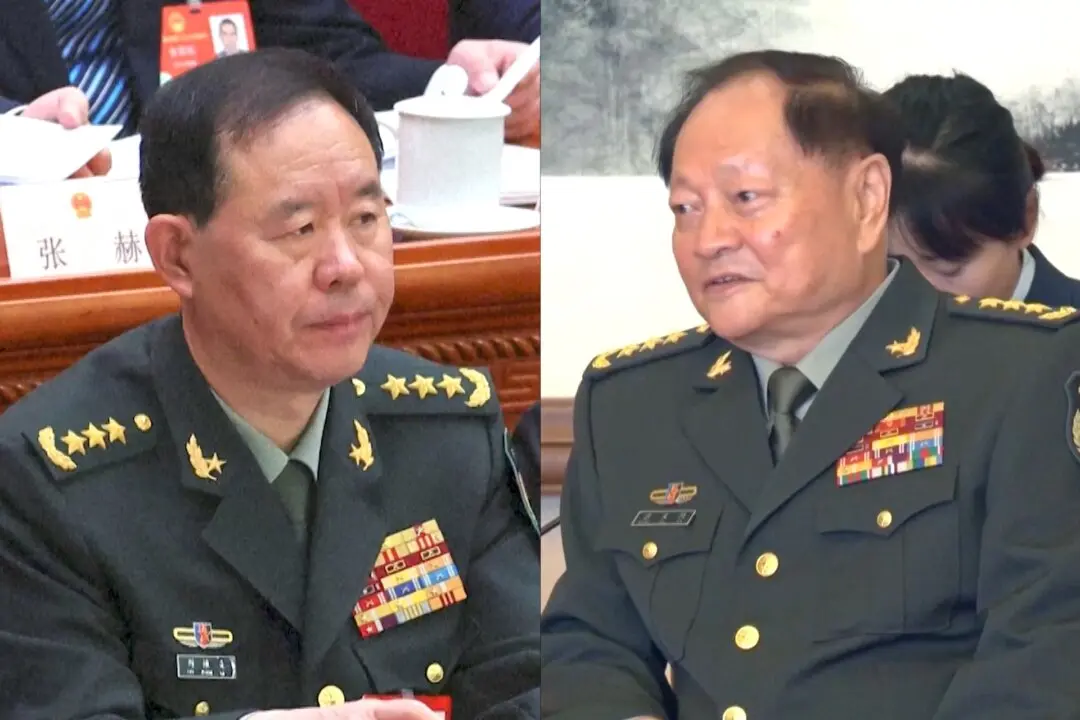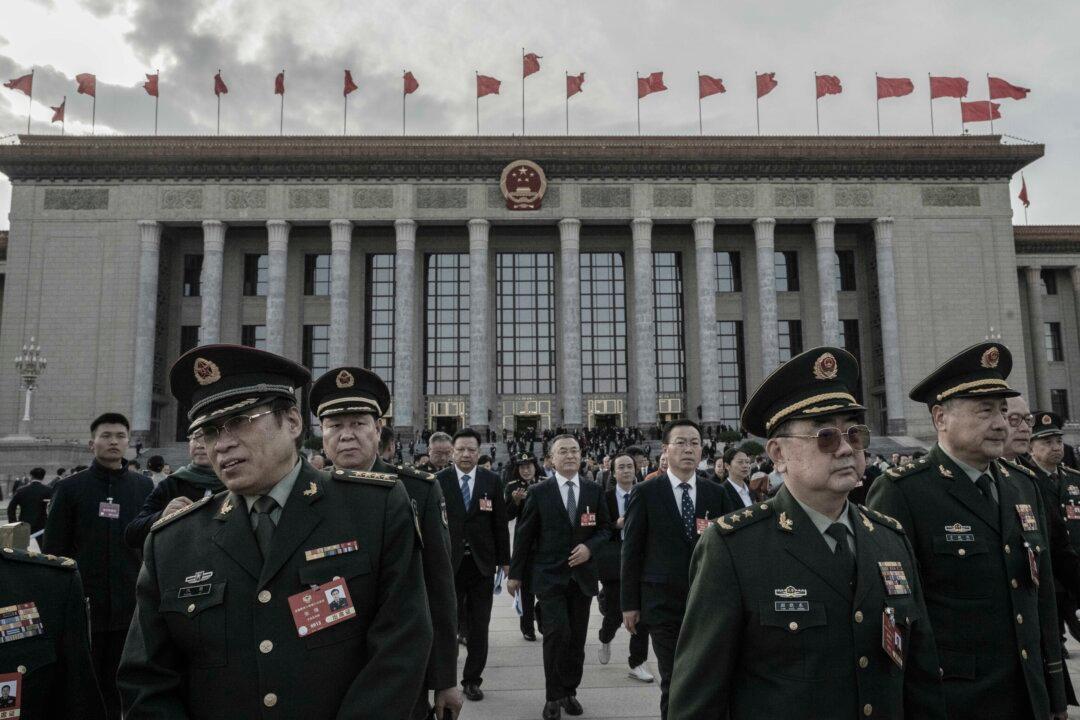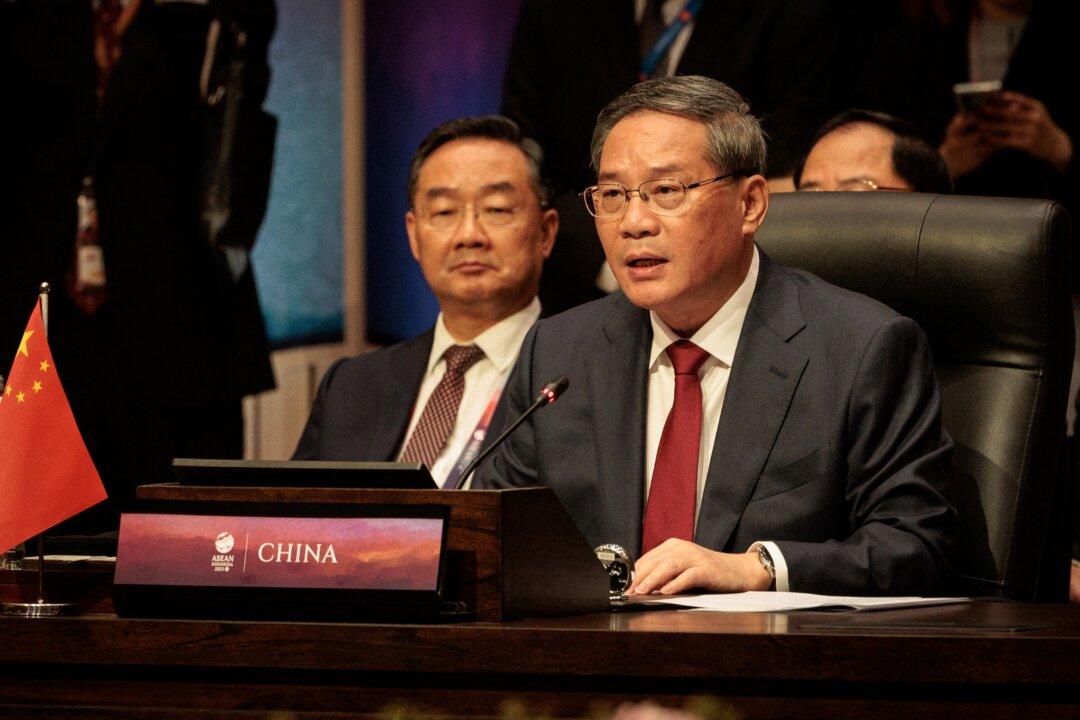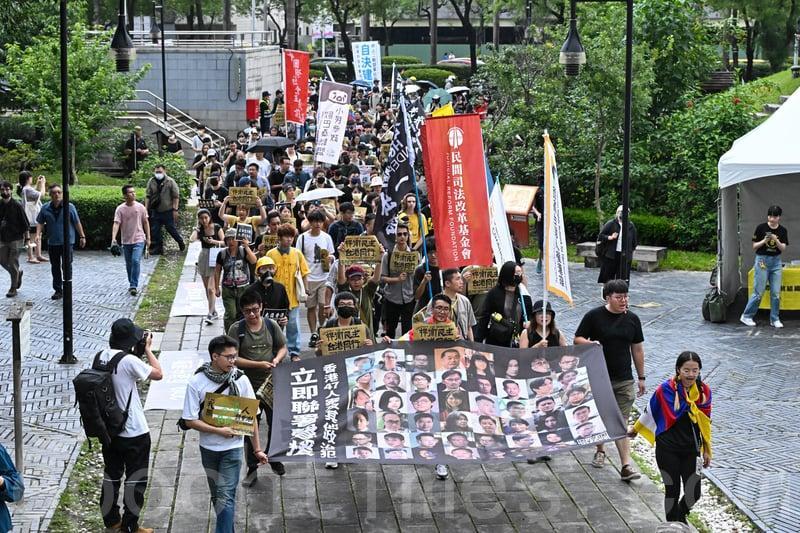Commentary
The recent visit to South Korea by U.S. Secretary of State Antony Blinken and Secretary of Defense Lloyd Austin during the Quad “2+2” Security Dialogue brought up the issue of the North Korean nuclear threat. Whether the new U.S. administration will return to the game manipulated by the Chinese Communist Party (CCP) more than four years ago, or completely abandon the CCP and face North Korea alone will involve the United States’ overall strategy against the CCP in deciding how to effectively resolve the North Korea nuclear crisis.
